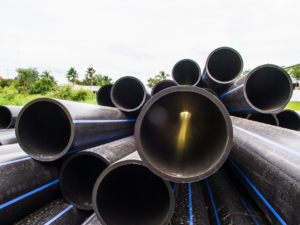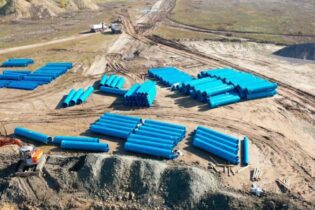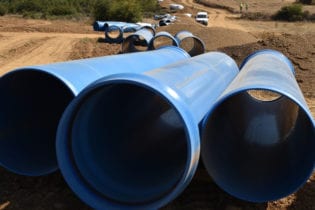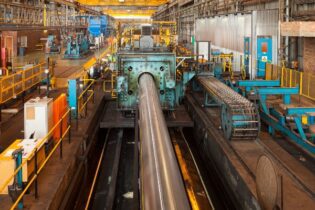Kirsten Kelly talks to Jan Venter, CEO of the South African Plastic Pipe Manufacturers Association (SAPPMA) about quality.
Water losses, mostly caused by leaking or broken pipes and infrastructure, are untenably high in most South African cities. Part of the remedy is the repair and replacement of collapsing pipelines. Kirsten Kelly talks to Jan Venter, CEO of the South African Plastic Pipe Manufacturers Association (SAPPMA) about quality.
HDPE (high-density polyethylene) pipelines can have anywhere between a 50- and 100-year lifespan. In Europe, 100-year lifespans are becoming the norm. Quality HDPE pipelines are key to efficient, sustainable, and cost-effective water management,” says Venter. The purpose and mission of SAPPMA are to create absolute customer confidence in the plastics pipe industry, thereby ensuring long-term sustainability. To this end, SAPPMA is a voluntary, self-regulating, nonprofit association that represents approximately 80% of the plastic pipe manufacturers and other stakeholders in the Southern African market and is recognised by design engineers and customers as the quality control gatekeeper.Quality
“The polymers used to manufacture HDPE pipes are expensive and make up to 80% of pipe manufacturing costs. With the economic pressures experienced by pipe manufacturers, it may be tempting to use cheaper, recycled polymers. However, this is not allowed by international pipe standards as the use of recycled polymers may greatly reduce the service life of pipes and in many cases, failure can take place in months,” explains Venter. Therefore, maintaining quality is the very foundation of SAPPMA’s existence. There is a strict code of conduct that must be signed by the CEO or every SAPPMA member. The association conducts frequent, unannounced audits at all its members’ factories, ensuring all products meet relevant specifications. SAPPMA also performs-regular sampling and testing of pipe samples, and intend to publish the results, thereby highlighting any company using inferior polymers. Members that contravene the code of conduct are expelled. Locally, pipes that do not bear the SAPPMA mark carry no assurance of product quality.“We are receiving an increased number of requests for SAPPMA certificates, indicating a positive move within the industry where tenders are requesting proof of quality,” adds Venter.
Verifying pipe quality
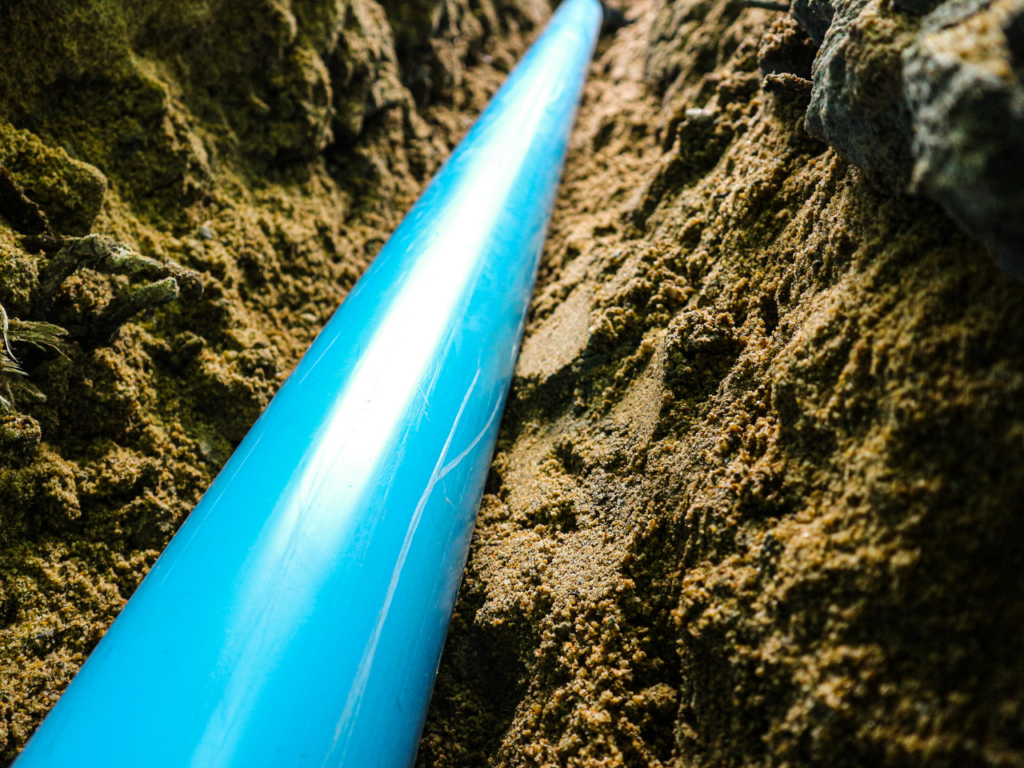 In addition to asking for SAPPMA certificates, consulting engineers or any client that is buying HDPE pipes can use a SAPPMA technical manual or phone SAPPMA to assist in verifying pipe quality.
They should also ask for raw material certificates as well as an accreditation from a certification body. The surface of pipes should be free from scratches and indentations as well as other imperfections. The outside diameter, wall thickness, ovality and length must be within the allowable pipe tolerances of the relevant pipe standard and should be uniform throughout.
In addition to asking for SAPPMA certificates, consulting engineers or any client that is buying HDPE pipes can use a SAPPMA technical manual or phone SAPPMA to assist in verifying pipe quality.
They should also ask for raw material certificates as well as an accreditation from a certification body. The surface of pipes should be free from scratches and indentations as well as other imperfections. The outside diameter, wall thickness, ovality and length must be within the allowable pipe tolerances of the relevant pipe standard and should be uniform throughout.
“All tender documents should stipulate that only virgin polymers must be used in the manufacture of HDPE pipes and specify the very latest standards. Again, SAPPMA can give assistance in this regard and can also accompany a consulting engineer or client to inspect a factory,” concludes Venter.
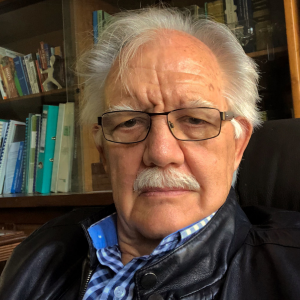
Jan Venter, CEO of the South African Plastic Pipe Manufacturers Association


